By Simone Augustus, Corporate Communications Officer
In a convergence of academia, spirituality, and health, the University of the Southern Caribbean (USC) hosted its inaugural research conference on March 7-8, 2024. Held at the Social Sciences Auditorium on USC’s Main Campus, the event welcomed over 400 attendees, both in-person and virtually, to delve into the theme of “The Scientific Contribution of Spirituality/Religion on Health & Well-Being,” with a special emphasis on “Forgiveness & Health: A Human Flourishing Perspective.”
The conference commenced with an inspiring Opening Ceremony featuring esteemed Guest Speaker, The Honorable Terrance Deyalsingh, Minister of Health, Trinidad and Tobago. Minister Deyalsingh’s address delved into the profound implications of spirituality and religion on healthcare, challenging attendees to reconsider their understanding of these concepts in the context of human well-being.
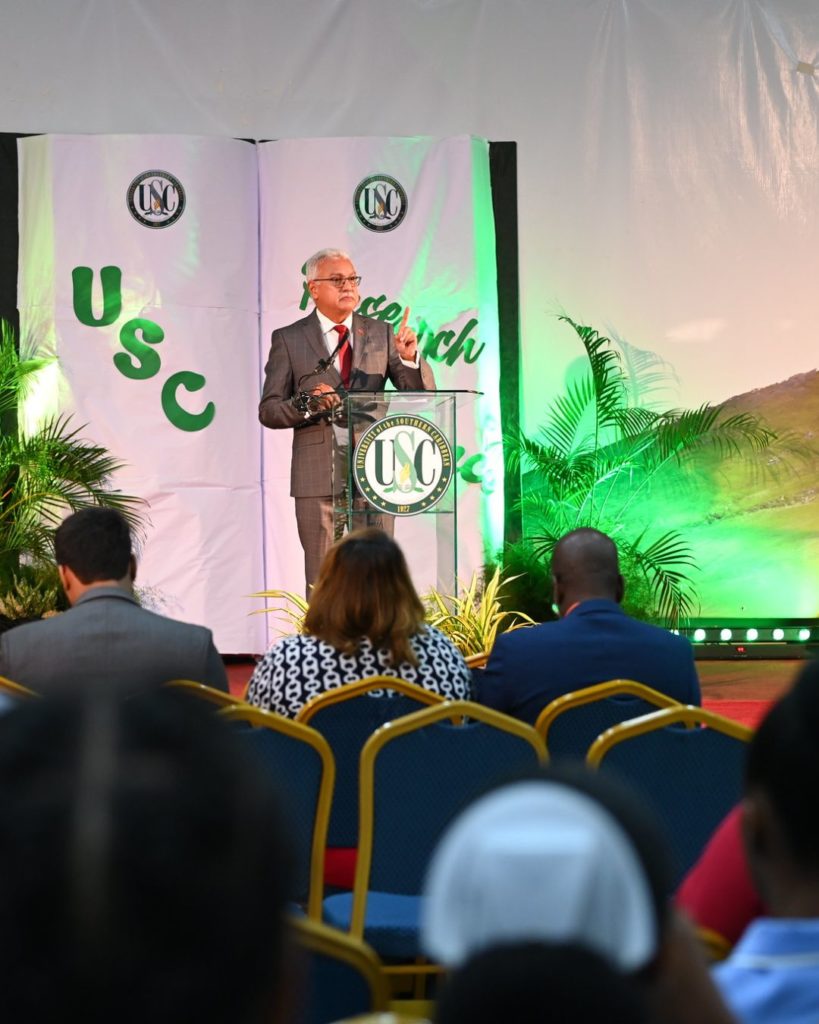
Addressing the audience, Minister Deyalsingh emphasized the constitutional recognition of the supremacy of God in Trinidad and Tobago, highlighting the role of spirituality and religion in shaping individual and collective values. Drawing from personal experiences and scientific literature, he underscored the inseparable connection between spirituality, health, and overall well-being.
Reflecting on the challenges faced during the COVID-19 pandemic, Minister Deyalsingh shared insights into the role of spirituality and religiosity in coping with crisis situations.
He stressed the importance of adopting a wellness approach to health, encompassing physical, mental, and spiritual dimensions, and urged attendees to treat their bodies as temples through healthy lifestyle choices.
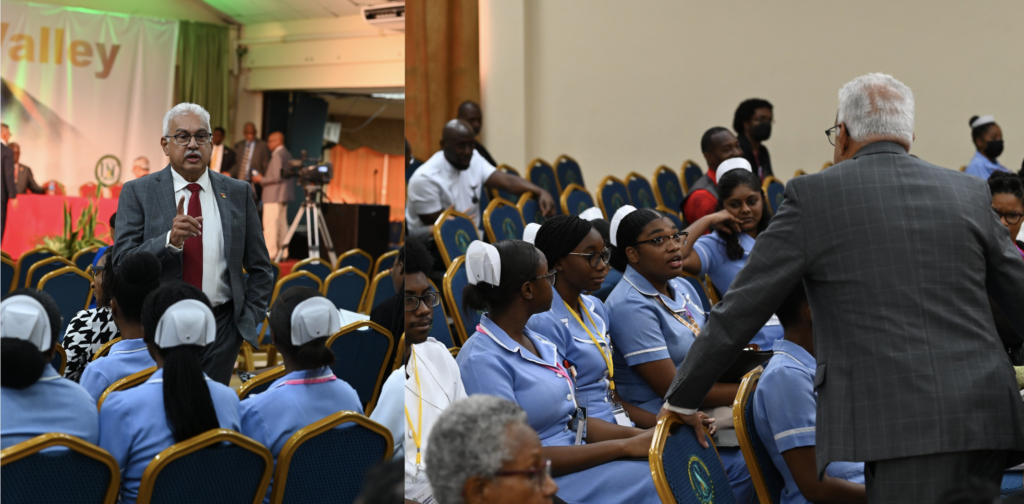
Throughout the conference, attendees were treated to enlightening keynote addresses from renowned scholars in their respective fields.
The Scientific Contribution of Spirituality/Religion on Health & Well-Being
Dr. David R. Williams, Norman Professor of Public Health at Harvard University, illuminated the historical and contemporary significance of religious involvement in promoting physical and mental well-being. His comprehensive overview delved into the complex interplay between religiosity and health outcomes, highlighting both the benefits and potential drawbacks associated with religious practices.

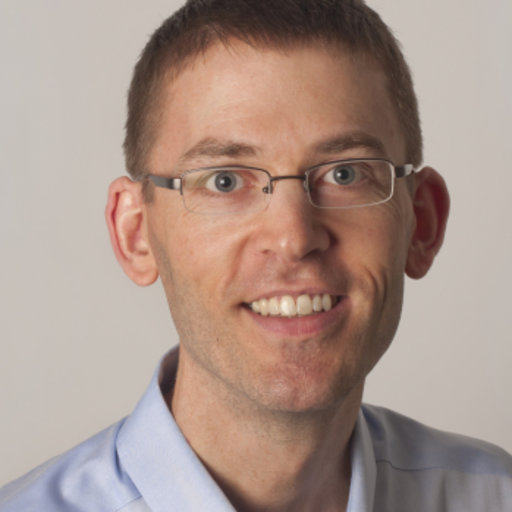
Forgiveness, “Liming”, and Flourishing in Trinidad and Tobago
Dr. Loren L. Toussaint, Professor of Psychology at Luther College, offered a nuanced exploration of forgiveness within the cultural context of Trinidad and Tobago. Drawing upon local traditions of “liming” and social cohesion, Dr. Toussaint underscored forgiveness as a catalyst for personal growth and societal harmony, emphasizing its profound implications for mental and physical flourishing.
Black Immigrant Literacies: Leveraging a Language of Forgiveness for Flourishing
Dr. Patriann Smith, Associate Professor of Literacy Studies at the University of South Florida, delivered a thought-provoking presentation on Black immigrant literacies and the transformative power of forgiveness. Through her interdisciplinary lens, Dr. Smith challenged prevailing narratives and advocated for a more inclusive approach to language and literacy education, rooted in principles of forgiveness and acceptance.
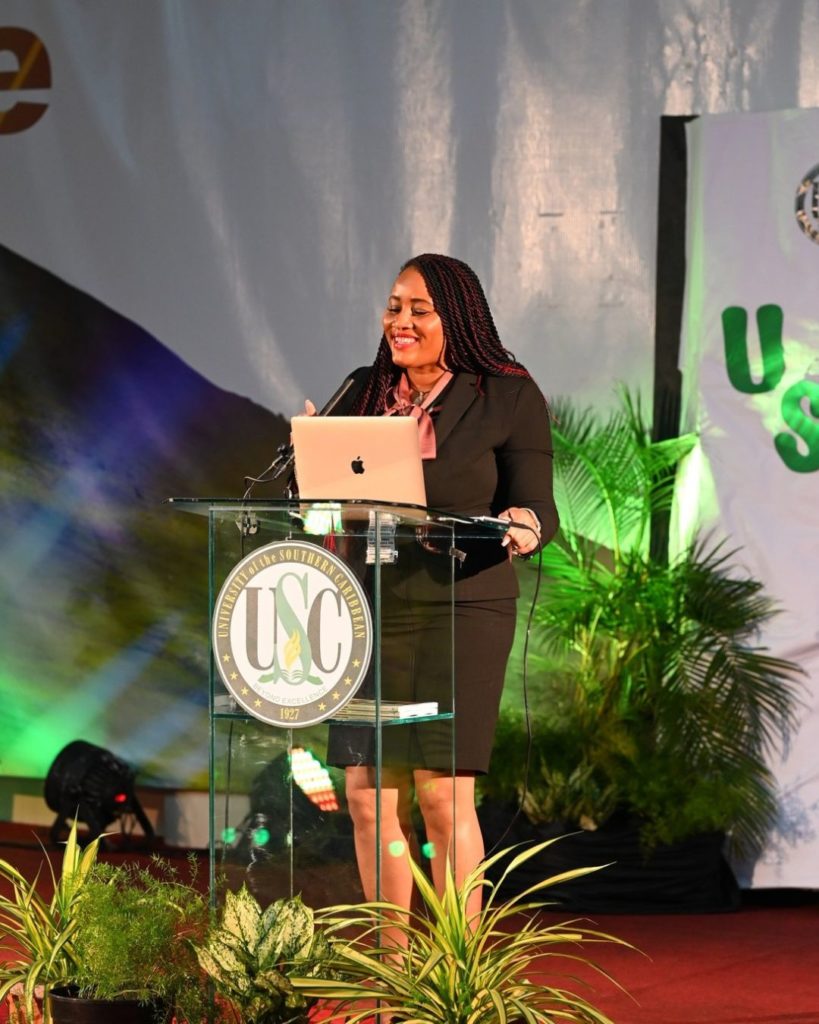
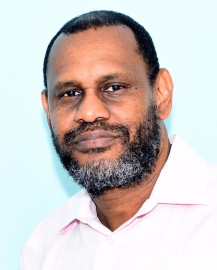
Innovative approaches to Facilitate Health Research in Trinidad and Tobago
Professor Donald T. Simeon, Director of the Caribbean Centre for Health Systems Research and Development, provided insights into innovative approaches to health research in Trinidad and Tobago, highlighting the importance of interdisciplinary collaboration and community engagement in addressing pressing health challenges.
In addition to the keynote addresses, the conference featured presentations from scholars representing esteemed institutions worldwide, including Andrews University, Athens State University, Christian Medical College (Vellore, India), Harvard University, Loma Linda University, Luther College, Morgan State University, Northern Caribbean University, Texas Tech University, University of South Florida, University of the West Indies (St. Augustine), and the West Indies School of Theology. This diverse array of perspectives enriched the dialogue surrounding spirituality, forgiveness, and health, fostering interdisciplinary exchange and collaboration.
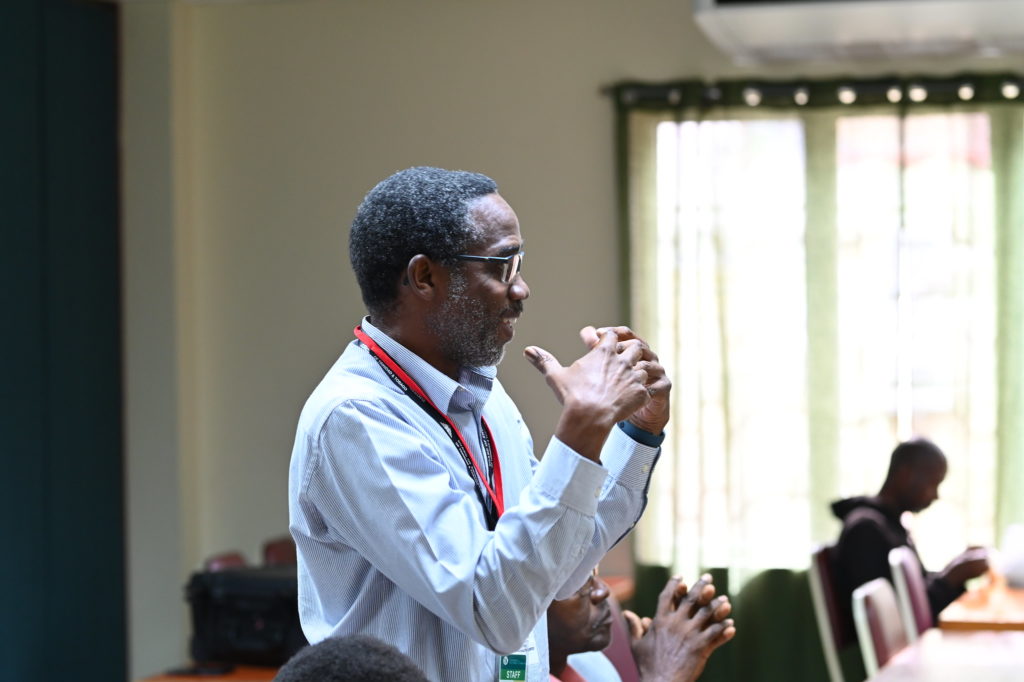
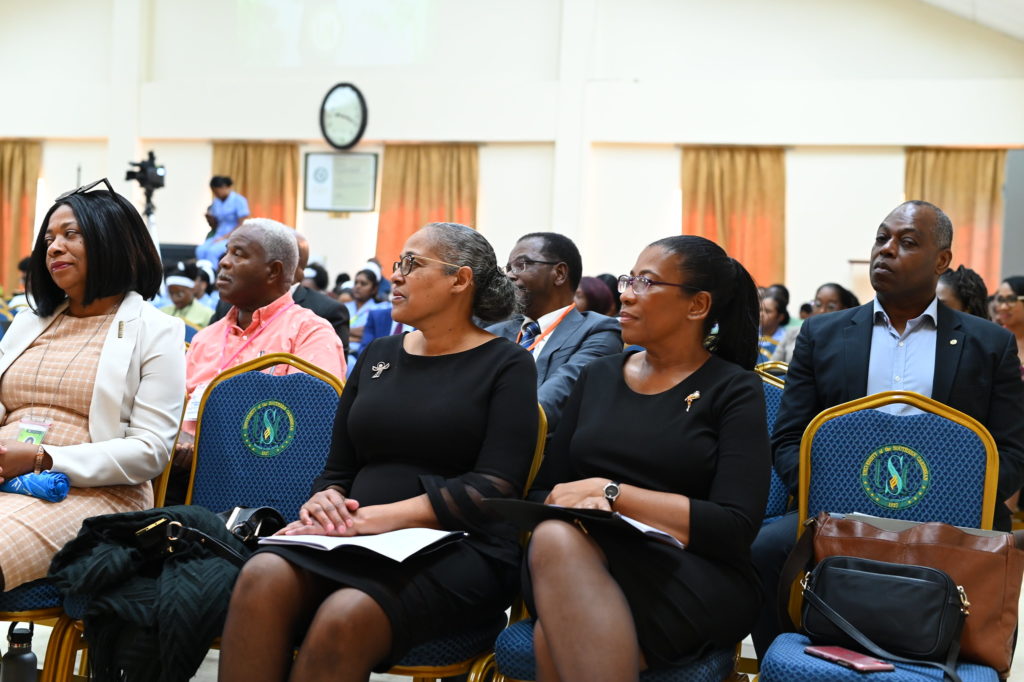
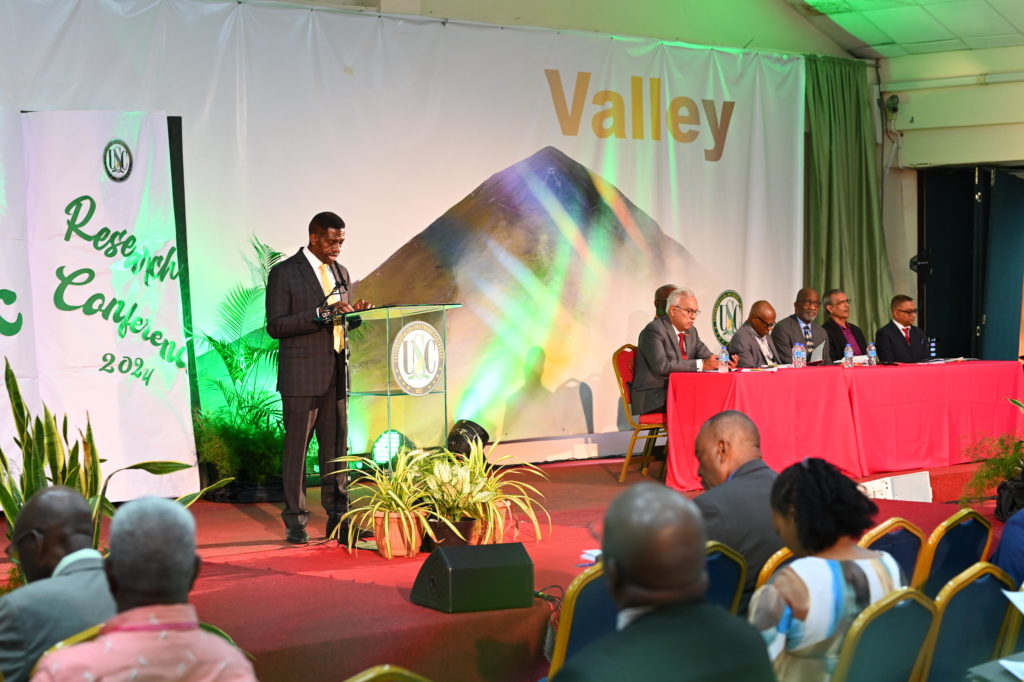
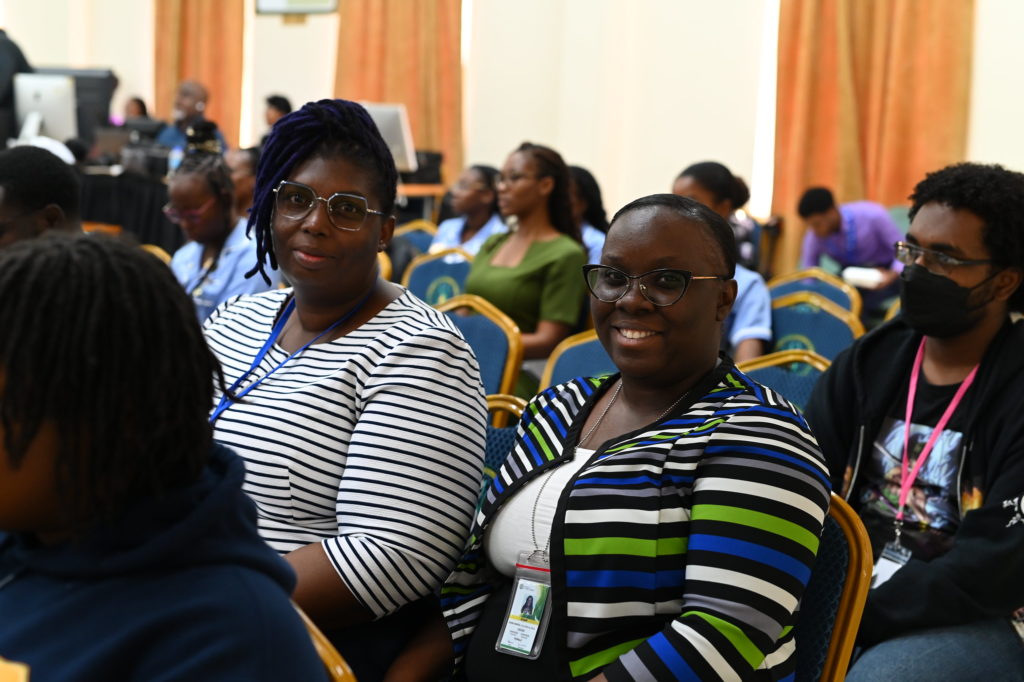
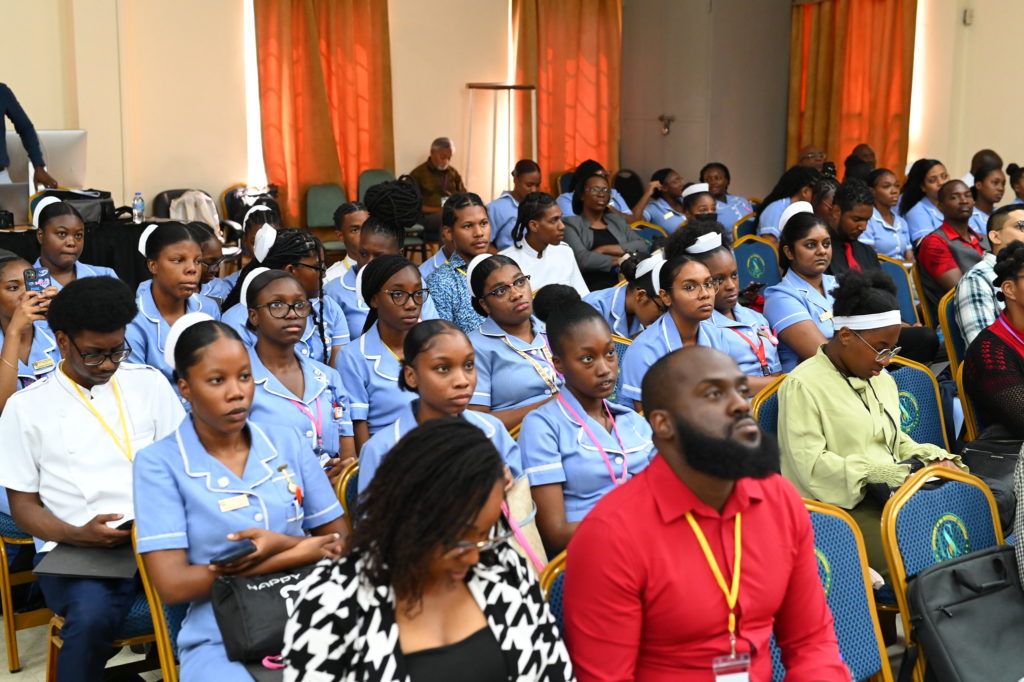
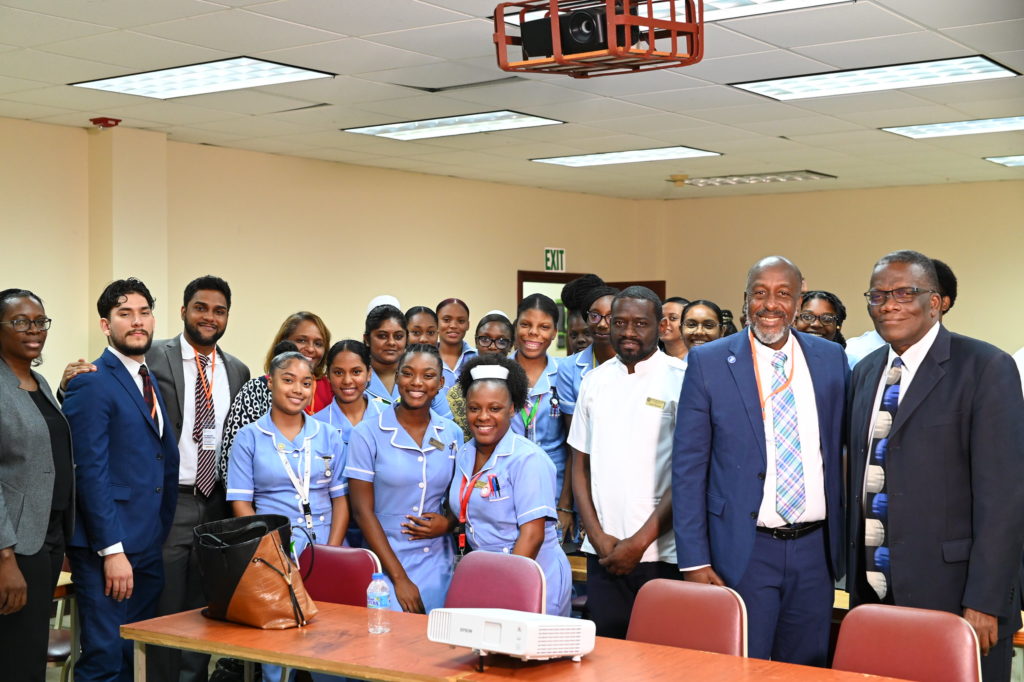
A highlight of the conference was the launch of the David R. Williams Interdisciplinary Center for Health and Well-being, signaling USC’s commitment to excellence in research and education. The center’s multifaceted mandate encompasses advancing research, promoting health equity, fostering education and training, and engaging with local communities to effect meaningful change.
Looking ahead, plans are already underway for the USC Research Conference 2025, which will focus on “Lifestyle, NCDs, and Innovative Research Methodologies in Health and Well-being.” The call for abstracts will open on May 3, 2025, inviting scholars and researchers to contribute to the ongoing dialogue on pressing health issues.
In conclusion, the USC Research Conference 2024 provided a platform for scholars, practitioners, and policymakers to explore the nexus of spirituality, forgiveness, and health from diverse perspectives. As attendees departed, they carried with them not only newfound knowledge but also a renewed sense of purpose in advancing the well-being of individuals and communities worldwide.
View full event album here: https://www.flickr.com/photos/usctt/albums/72177720315291646
